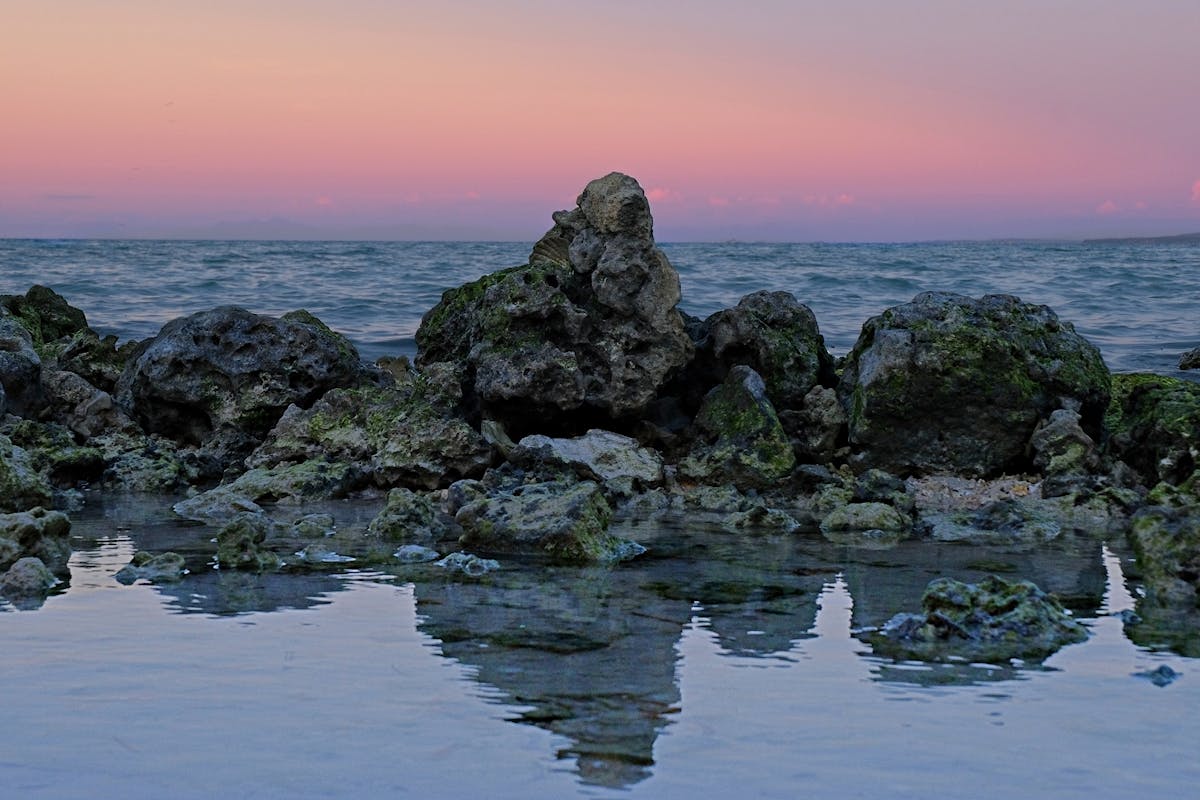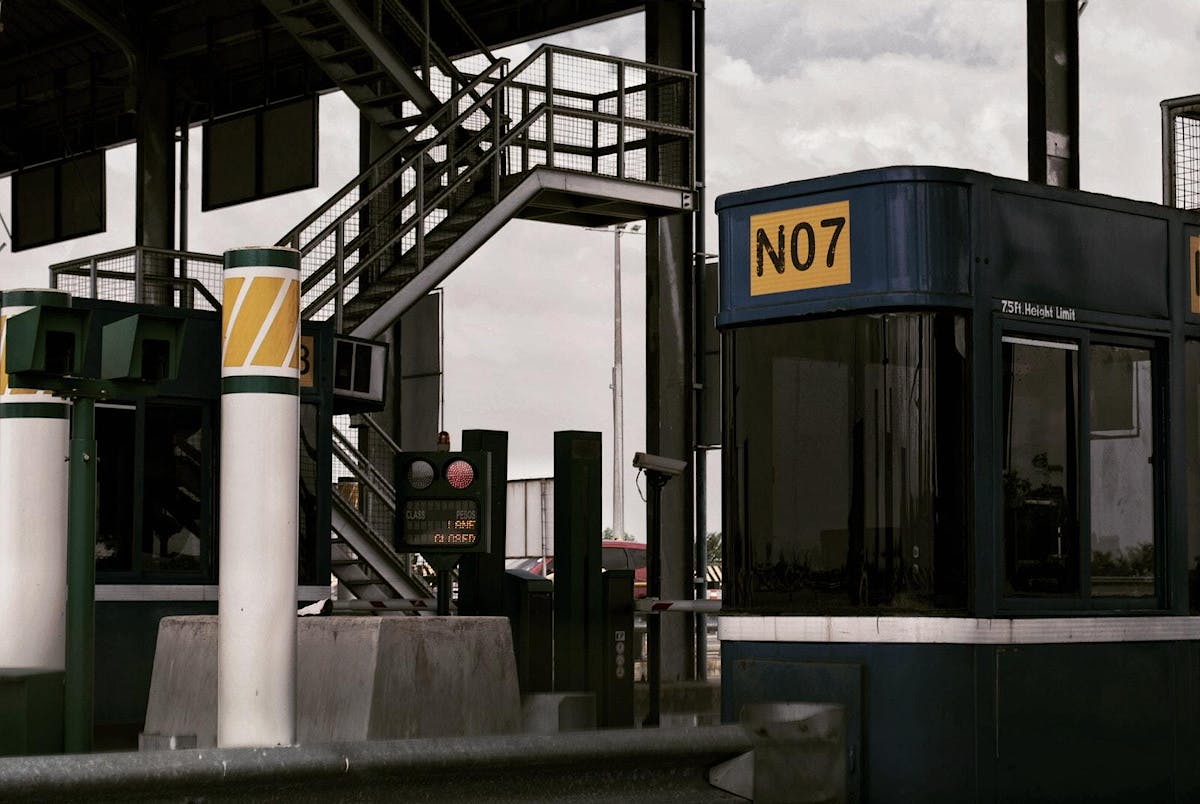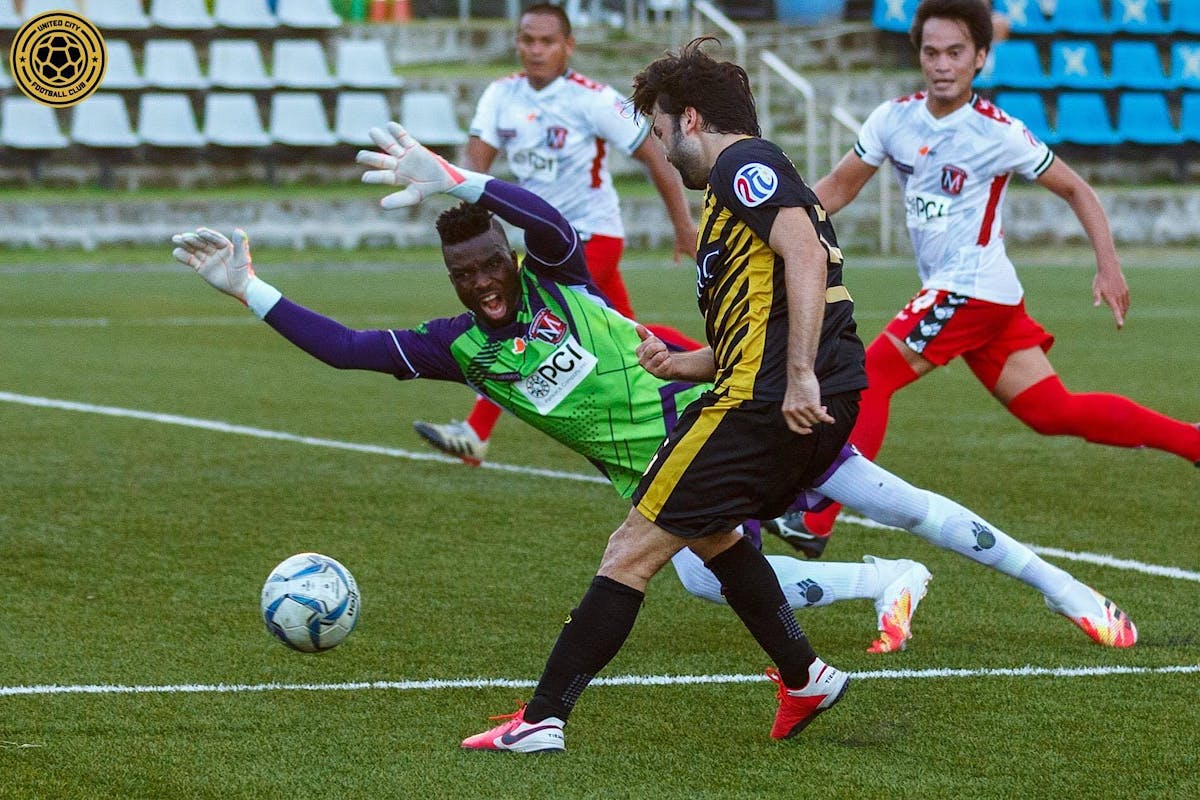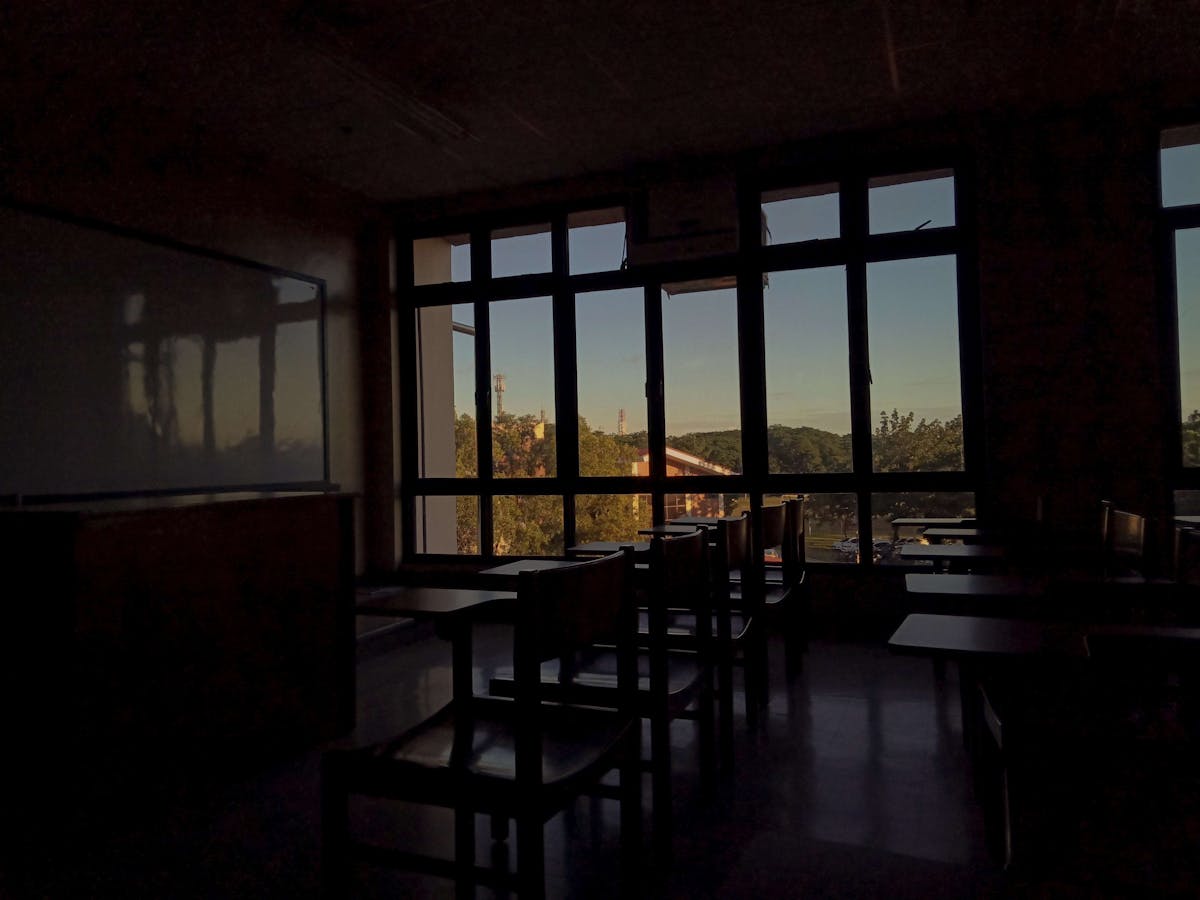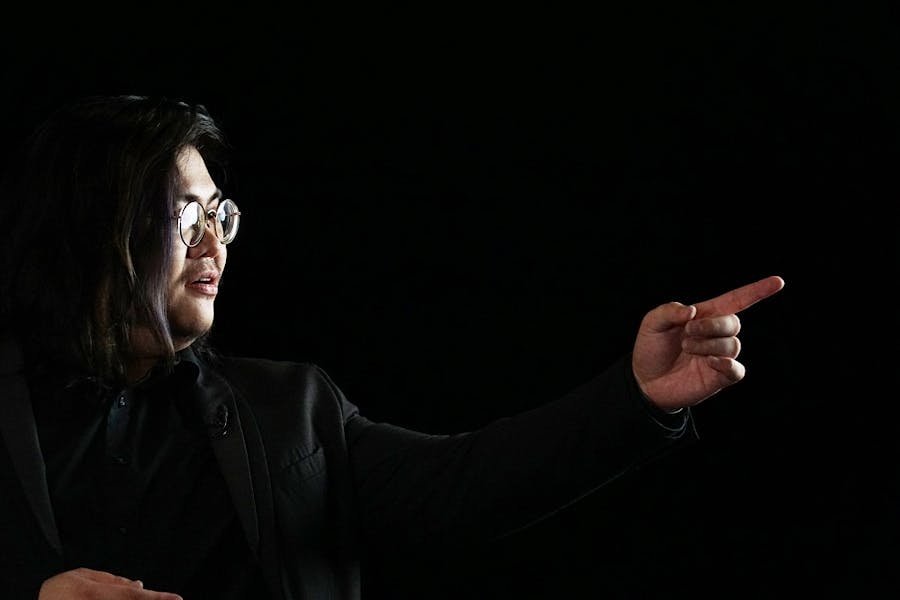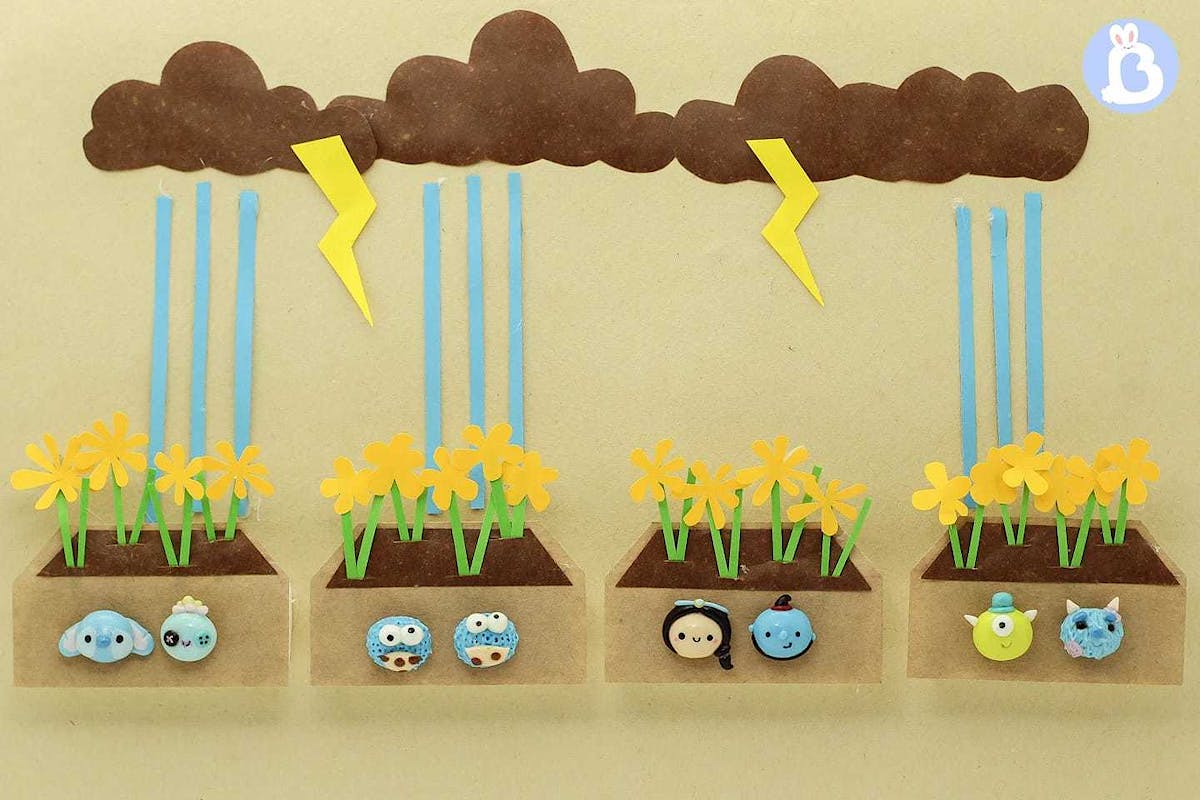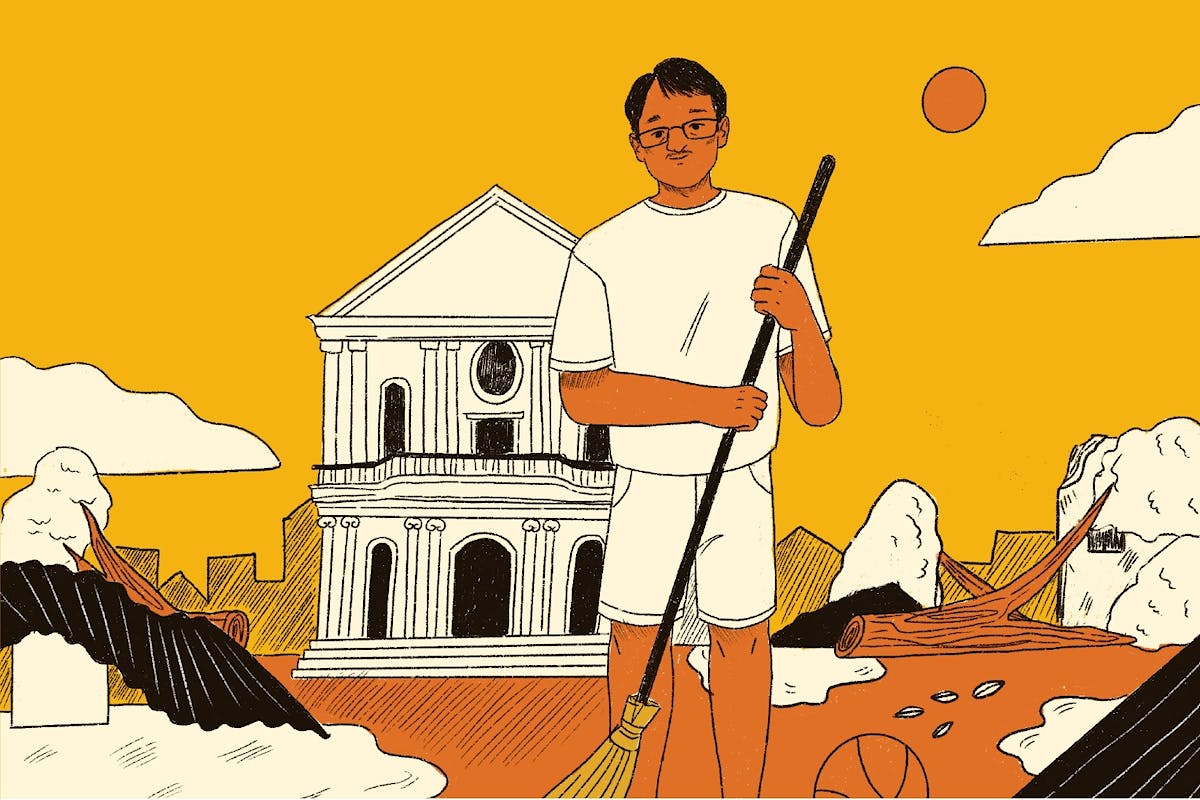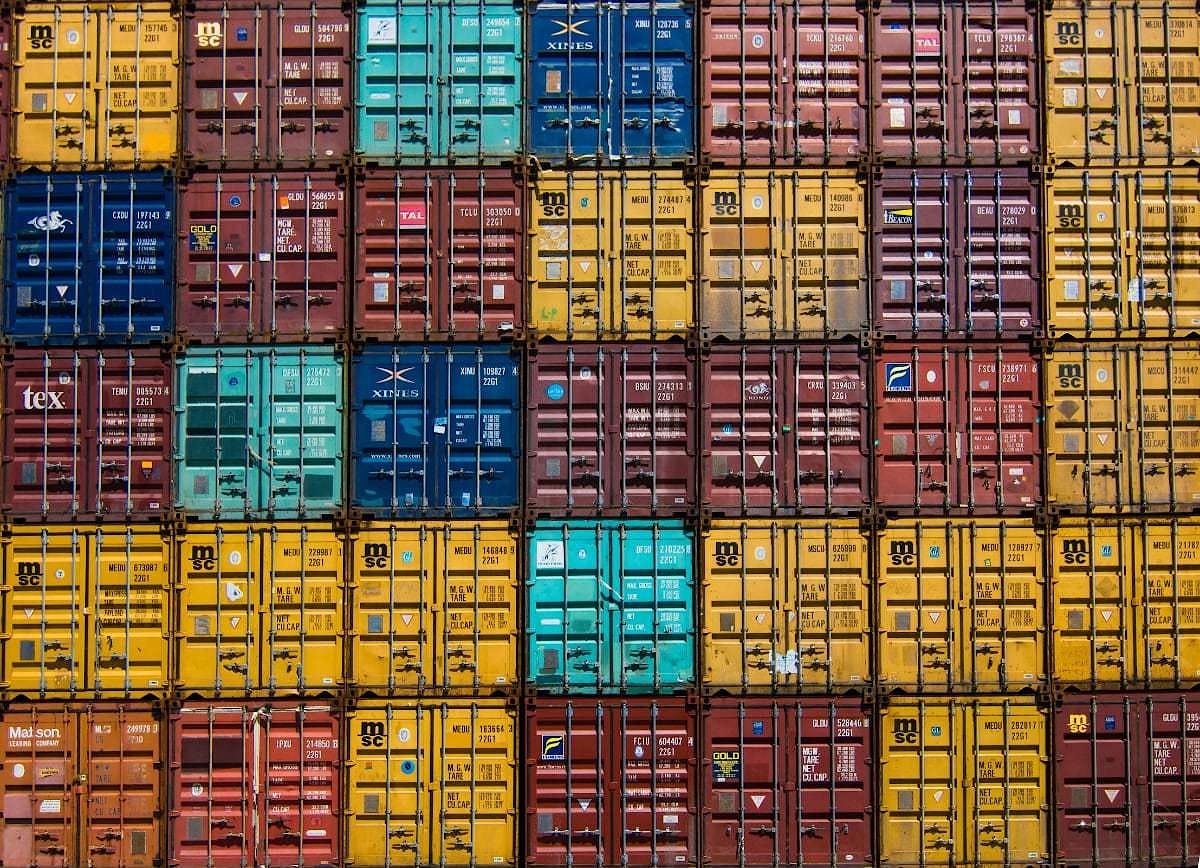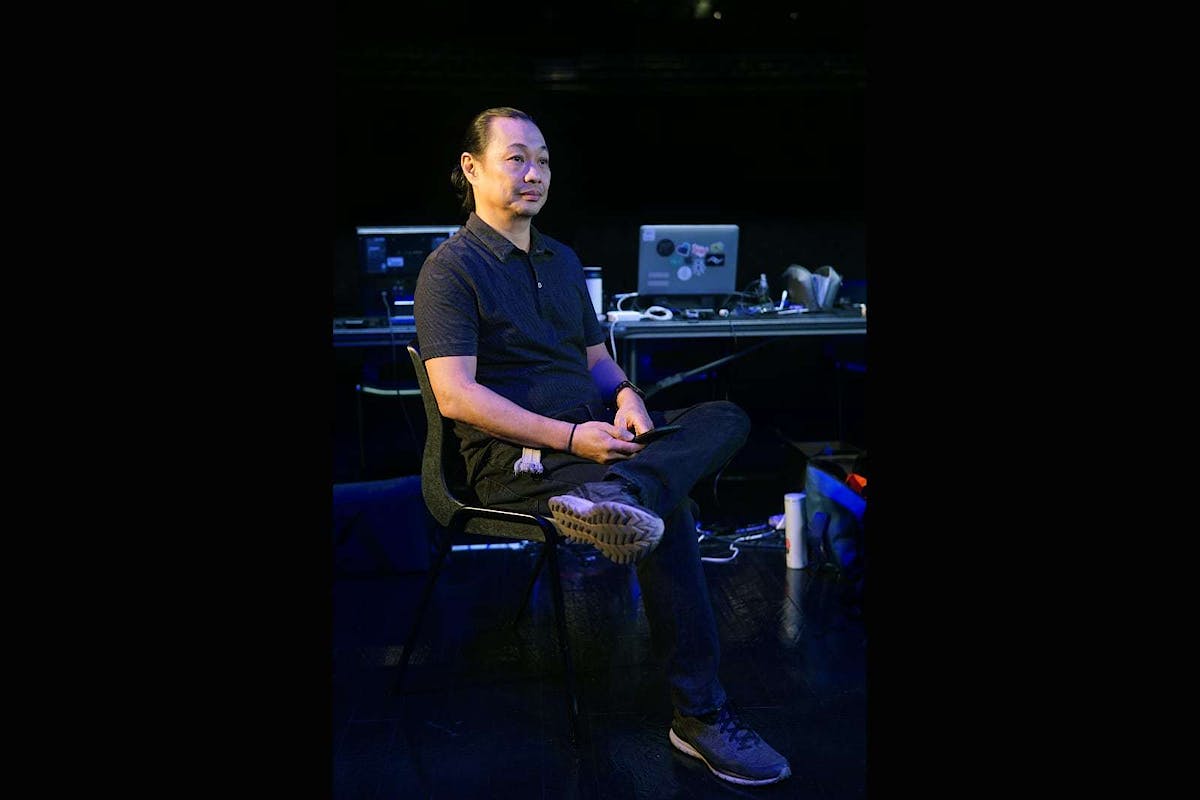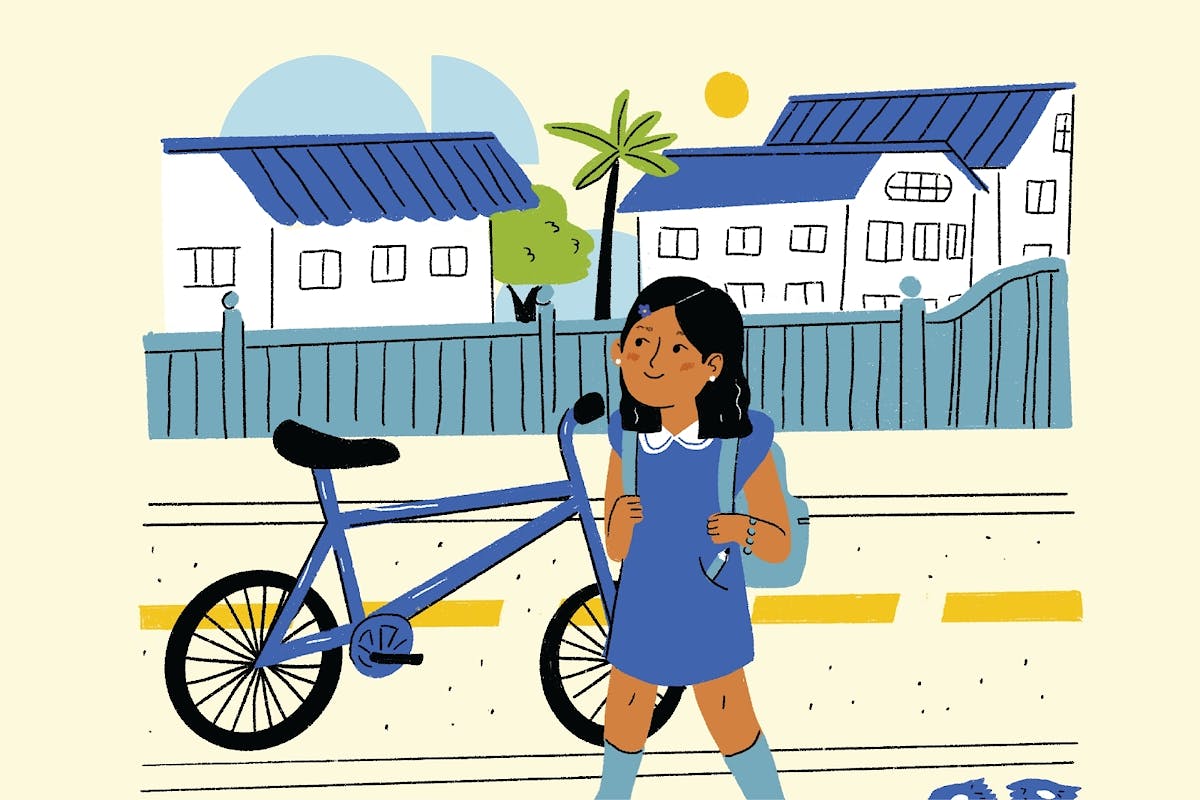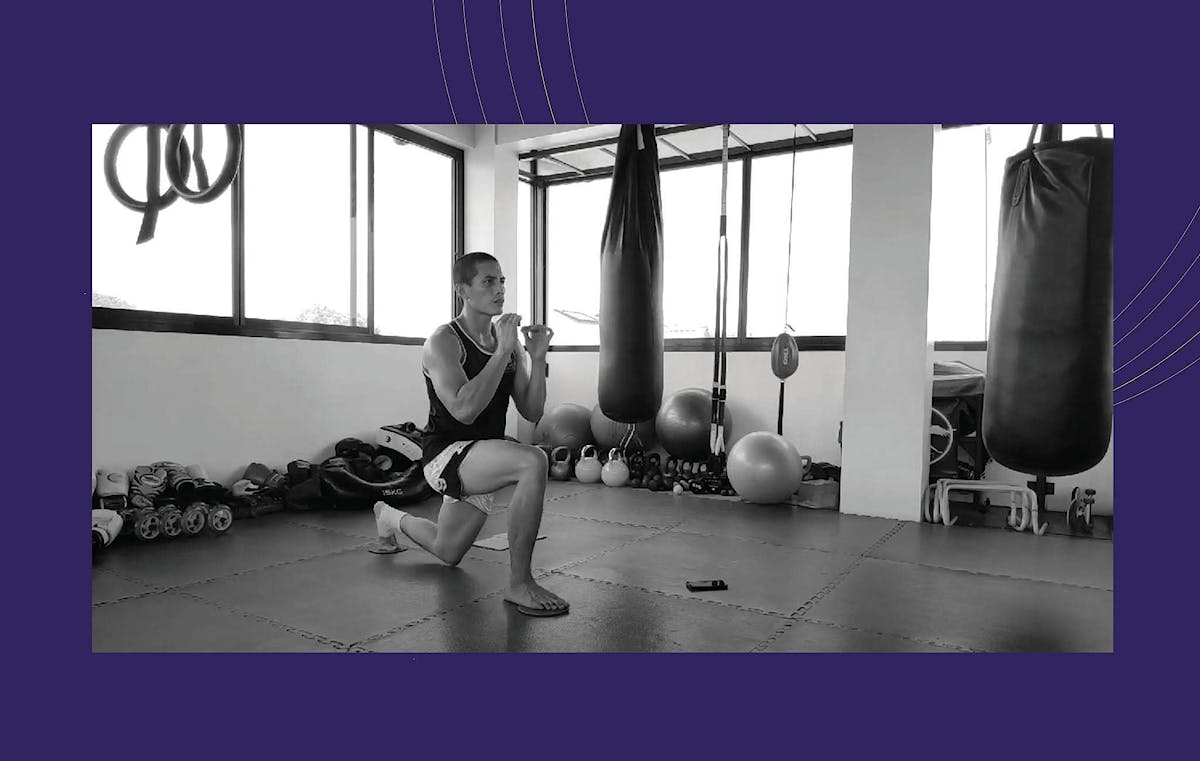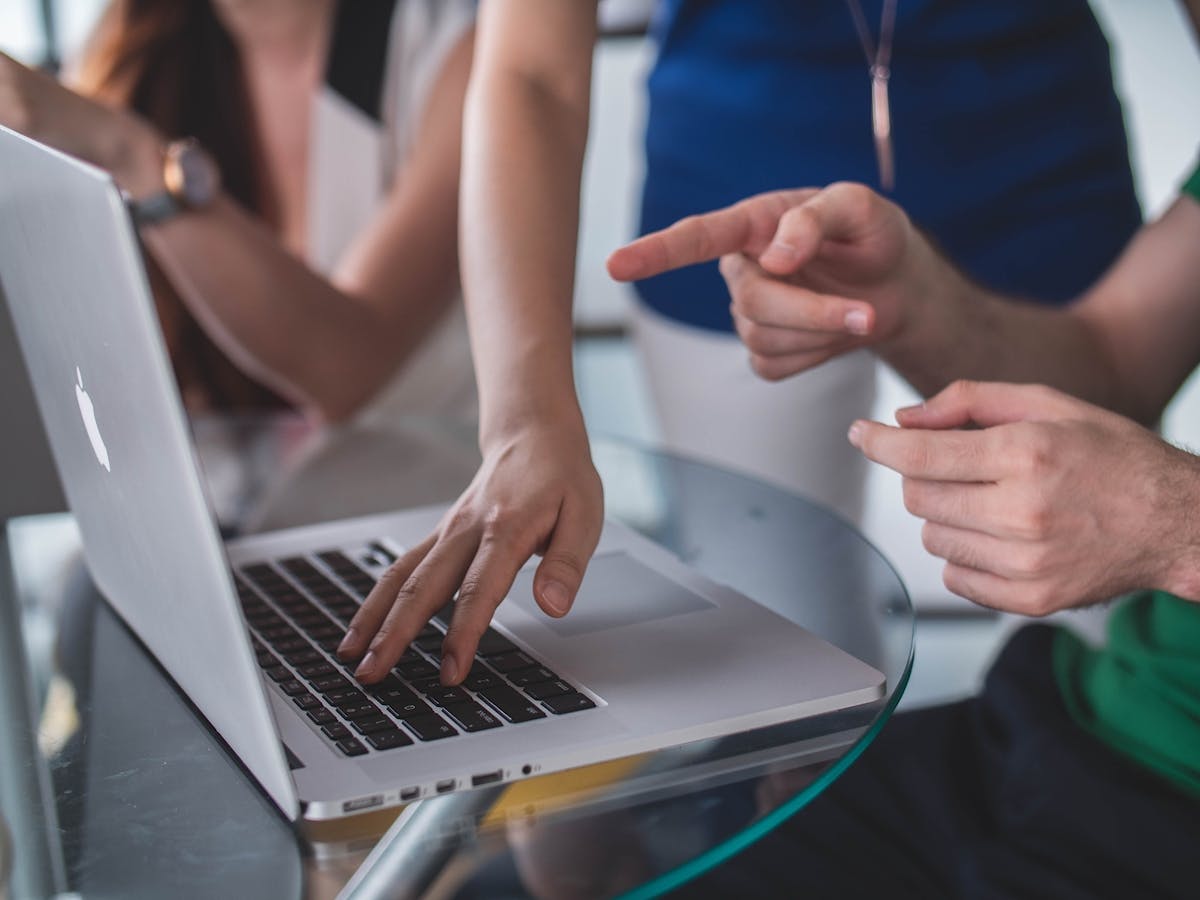
Our Way Forward
Navigating Our Well-Being in the Time of COVID-19
In a December 2019 survey done by the Social Weather Stations, 91 percent of Filipinos reported they were “fairly happy” (44 percent) or “very happy.” (47 percent). The remaining 9 percent said they were either “not very happy” or “not happy at all.” What differences appeared among those who said they were “very happy” and those who said otherwise?
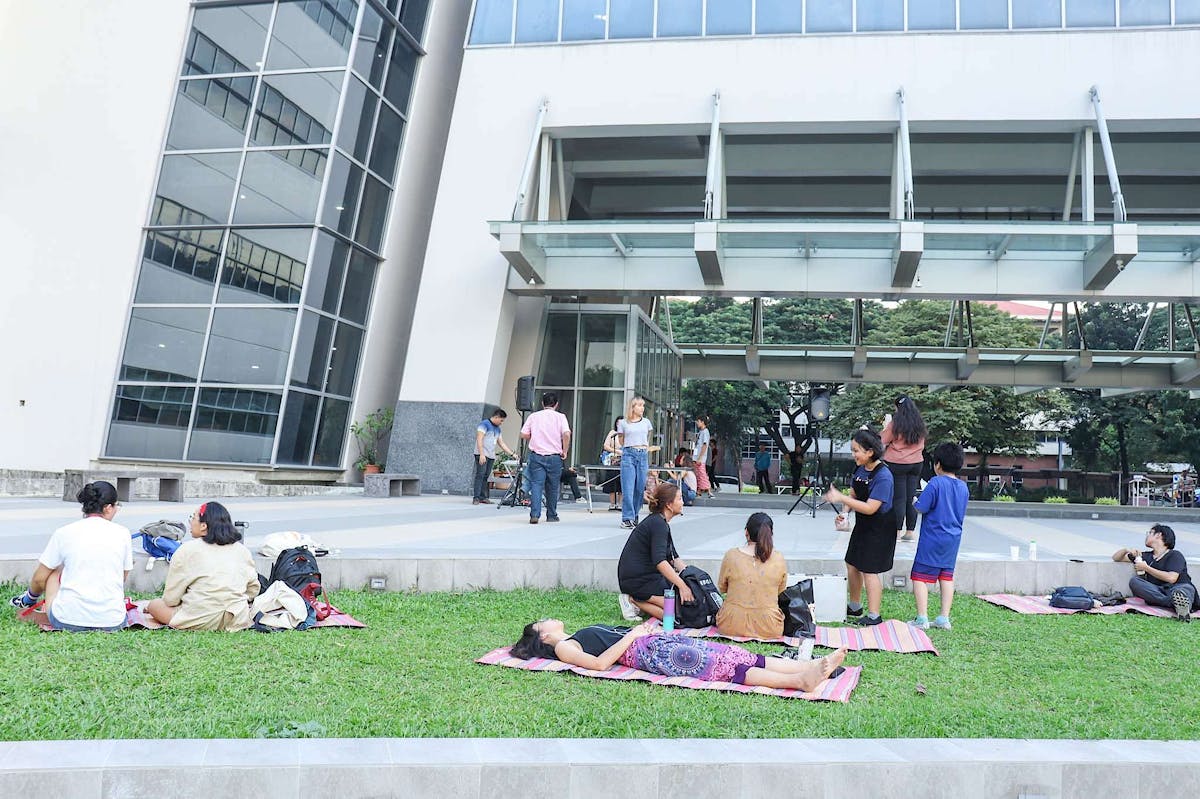
In a December 2019 survey done by the Social Weather Stations, 91 percent of Filipinos reported they were “fairly happy” (44 percent) or “very happy.” (47 percent). The remaining 9 percent said they were either “not very happy” or “not happy at all.” What differences appeared among those who said they were “very happy” and those who said otherwise?
Reported happiness, I found out, had little to do with one’s social position: gender, marital status, level of education, or income. Neither did regularity of church attendance nor confidence in government leaders had a discernible impact. What differed most was a cluster of variables that fell into three dimensions of well-being: economic, social, and personal. When we speak of happiness, then, we are talking about how Filipinos assess their sense of well-being
Economic well-being did not imply being rich. It meant satisfaction with the household financial condition and the absence of deprivations like not having enough food, medicine, or a regular cash income. Social well-being meant having a relatively high level of trust in other people – family, friends, colleagues, acquaintances, and even strangers. It did not matter whether or not they were members of a formal organization, only that they could count on someone or a group to treat them well. In turn, personal well-being denoted a feeling of security while living in one’s community and having a sense of purpose in life.
The stringent protocols entailing lockdowns, quarantines, and distancing -- necessary as they are – also threaten our well-being.
As the economic downturn prolongs, businesses plunge, sources of income go dry, and goods like food, medicine, and cash become scarcer. This worsens the economic deprivation of many, especially among those whose jobs have downsized, disappeared, or gone on hold and those who have no work -- the homeless, the aged, and the sick for example. The violence erupting in checkpoint areas and the streets as well as the health risks people take to go to work, get food, seek medical care are symptomatic of this worsening deprivation.
Social well-being, as indicated by social trust, also suffers. High levels of trust mean that you don’t have to keep looking back on your shoulder most of the time, that you can make deals with less or without legal formalities, or that you will pay taxes, segregate trash, or avoid hoarding goods because you can rely on others to do the same. Levels of trust, studies find, also predict national economic growth just as strongly as gross national product does and has even a stronger effect than skill level. They are also important correlates of life satisfaction and low suicide rates.
Extended periods of containment hinder the growth of social trust. People become wary of each other and the self-imposed isolation from friends, colleagues, co-workers, and even some family members direct social energies inward rather than outward to the larger groups. The decline of social interaction in public gatherings also inhibit the formation of community bonds that help lubricate social trust -- a major cornerstone of a healthy civic life. Quarantines and lockdowns, when practiced without valuing the necessity of enhancing social trust, will lead to a social recession, a pandemic alongside the medical.
Lower levels of social trust weaken personal well-being. This happens when people shape daily lives governed by caution, suspicion and fear rather than one of conviviality, the norm of interpersonal life among Filipinos and many other citizens of the world. As personal well-being becomes fragile, emotional loneliness surges, especially among those who already lack social integration, among those who are economically deprived, or among those who are infected or sick and woefully cut off from seeing their loved ones face-to-face. Without meaningful connections to larger worlds, finding a purpose in life dwindles to an unhealthy act self-absorption that risks depression and disease.
It should not surprise us if a survey done today, just months after December Social Weather Stations 2019 poll, will show a substantial drop in the percentage of Filipinos who report high levels of economic, social, and personal well-being.
The finding is understandable, but the situation is not hopeless. While much remains to be done, and done well, many acts of dedication and generosity help mitigate threats to happiness. China, South Korea, Singapore, Venezuela, and Cuba have quelled the virus outbreak within its borders. Some countries are assisting other countries. Public and private institutions are putting in place several programs that provide welfare assistance, financial outlays, and logistical support. Scientists are focusing on ways to understand and alleviate the terror of the virus. Architects are designing spaces and structures to ease the burdens of health care. Medical workers and other frontliners continue to inspire us with their heroism and in many instances, their martyrdom for a cause.
Online connectivity grows day after day -- difficult as it is for cyber interaction to replace the energy and warmth of face-to-face contacts. Teachers build virtual classrooms. Churches and religious groups hold online services, while experts of various persuasions – philanthropists, psychologists, bloggers, monks, and even the Pope, among others -- invite us to reframe this crisis as a source of emotional strength, spiritual growth, and intellectual stimulation. Meanwhile, artists around the world -- including musicians who play symphonies online from their homes or neighborhood singers who serenade each other from apartment units or creatives who fill the internet with poems, play readings, art works, songs or hilarious sketches -- keep us sane and undaunted amidst fear, suffering and pain.
We are also learning much about the ways where our governance structures and service delivery systems succeed and where they fail. We are figuring out as well the best protocols for dealing with new social arrangements under lockdown conditions, like efficient ways to deliver food, transport people, buy goods, and get care. Suddenly immersed in a global quandary, we improvise, thinking out of the box, building a better box, making choices as best we could, not knowing for sure what the long-term consequences will be like.
What will life be like after the pandemic? Uncertain, we grapple with questions. Some of these deal with immediate issues. How long can our economy hang on if we extend Enhanced Community Quarantine protocols? Will people have enough money to buy food and medicine? How can we distribute aid in a more efficient, coordinated, and equitable manner? How will distancing be like in public transport, public gatherings, and shows? How can technology make our lives more bearable? What are the more vibrant ways to obtain resilience and spiritual growth? How will local and international travel change? What health protocols should we now follow?
Then come questions that deal with the long-term. Does the success of socialist countries in responding to the outbreak suggest that we grant the state greater powers to handle crises of this sort? Alternatively, is it better to make citizens and communities more educated and informed so they can act responsibly in times like this? What will the Church of the future be like? How will schools in the future train students to face global challenges and deal with an unpredictable future? Will there be more justice in the world? How can we reach greater heights of global cooperation, especially now when many countries are tightening their borders while others transgress borders? Can we rely on some nations to exercise global leadership to confront future pandemics? What impact will this health crisis have on current thinking about climate change and ecological sustainability? How can science gain more respectability and support as a source of credible information? What stories will leaders tell to make us strive harder for solidarity and cooperation?
So much to do, so much to think about. As we comply with containment protocols to slow down the spread of the virus and ease the burden of health maintenance, we are also navigating ways to reimagine an elusive future and acquire a greater sense of well-being. Doing so is hard work. It will require good health, skill, imagination, collaboration, humor, and massive doses of spiritual fortitude. Doing less, or remaining complacent, bring havoc for us all.


